Darwin was not the first to propose that there was a connection between man and different species. Nor was he the first to recommend that the earth and the animals occupying it had changed, and were proceeding to change, throughout ages of time. In 1844 a fundamental work, Vestiges of the Natural History of Creation, was distributed in England, proposing the possibility of the change of species. The book was theoretical in nature and written in a way that made it effectively read by those with no logical preparation. It got mainstream inside London society, however, its substance was assaulted by preservationists inside the Anglican Church, which at the time controlled the seats of higher learning in Great Britain.
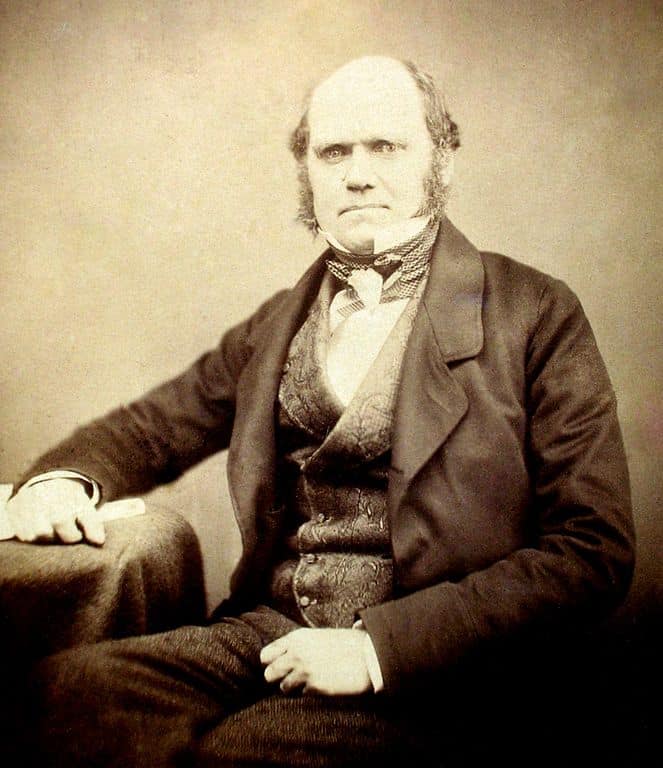
Darwin was the first to propose the possibility of the change of species through the cycle of common determination, introducing creation as a continuous interaction. His hypothesis was introduced from perceptions made during the journey of Beagle and ensuing experimentation, affected by prior works. With the distribution of On the Origin of Species, Darwin created a discussion inside the logical and strict networks which proceed to the current day. He was and remains castigated by a few and praised by others. Beginning or Darwin in school educational plans stays a warmed contention, which started soon after Darwin’s work showed up. Here is a portion of the occasions following the distribution of On the Origin of Species through Natural Selection.
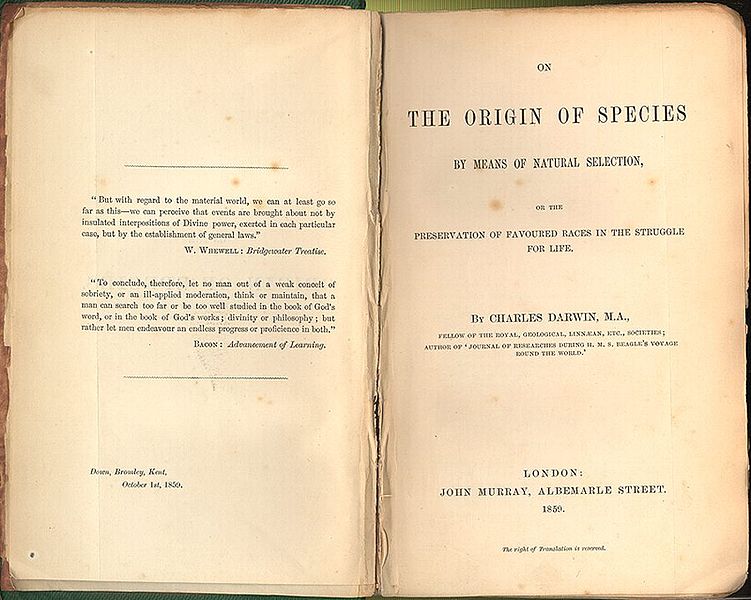
1.The early response to Darwin’s work was quieted
Darwin’s original work on development was delivered to people in general on November 22, 1859, in Great Britain. The underlying print run sold out, and Darwin started work on a second run very quickly, with redresses and corrections to the content. He additionally added remarks he got from an Anglican minister and writer, Charles Kingsley, to the last part of the subsequent release. Kingsley had commended the first work, keeping in touch with Darwin, “on the off chance that you be correct I should surrender a lot of what I had accepted”. He added, with respect to the demonstration of creation, that it was, “… similarly as honorable origination of Deity, to accept that He made base structures fit for the self turn of events”.
It was in the basic artistic audits that the subject of men plummeting from primates showed up, a hypothesis which was not introduced inside Darwin’s work, however, the deduction could be obviously drawn. At that point, it was standard for scholarly audits to show up namelessly, and behind that sweeping numerous analysts were blistering. The discussion over Darwinism, as his speculations were named by those restricting them, was in Britain some portion of the continuous discussion over isolating the instructing of all parts of science from the control of the Anglican Church at the extraordinary seats of learning. A completely unique response happened in the United States.
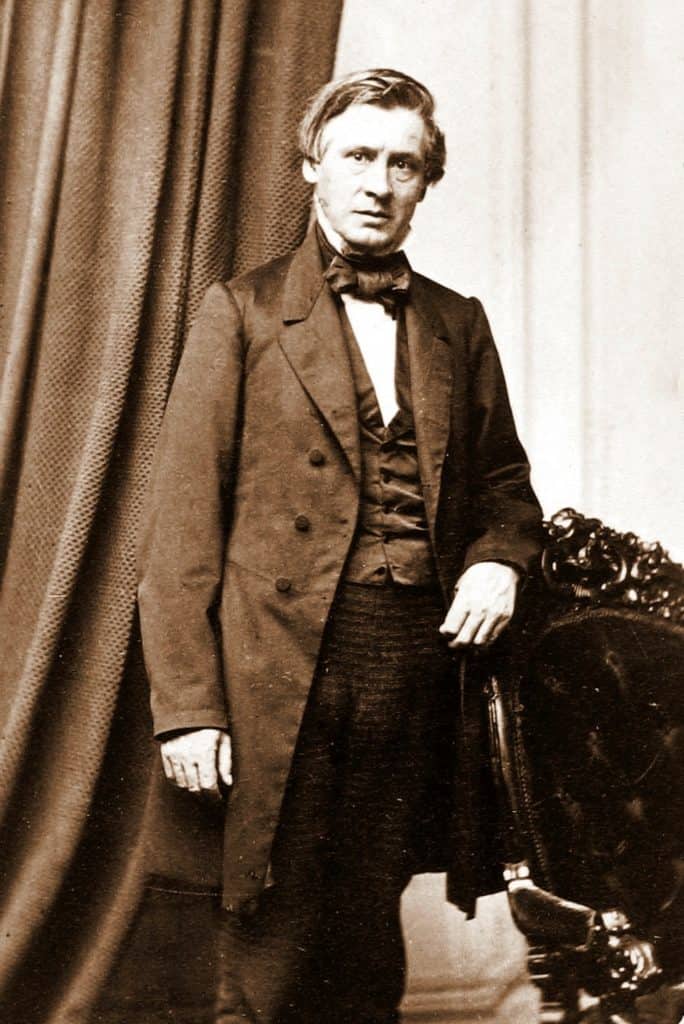
2.The development of species had for some time been bantered by researchers
Charles Darwin has for some time been viewed as the first to propose the possibility of development. He was definitely not. The possibility of the advancement of species was proposed in Greece before the hour of Socrates. Researchers and logicians had since quite a while ago ordered animal types in various levels way longer than a century prior to Darwin’s work. However completely had, to that time, characterized species as entirely free of one another. The contention over Darwin depended on his hypothesis of normal determination deciding the endurance and change of species. Regular determination, to his adversaries, taken out the heavenly demonstration of the Creator.
In the United States, Darwin’s work was distributed by Asa Gray, a botanist (there was no worldwide copyright insurance at that point, and Gray got a 5% eminence for Darwin’s work, with the last’s endorsement). Darwin’s work showed up in the prewar United States torn over the issue of servitude and racial correspondence and was gotten in that light. Northern schools and colleges generally acknowledged his speculations of normal choice, those of the South dismissed them to a great extent on strict perspectives, sprinkled, figuratively speaking, with the ramifications of the work showing all races dropped from a solitary regular source.

3.In the American South Darwinism was introduced as improper
In the American South, Christian evangelicals dismissed Darwinism without a second thought, naming it as a shameless nullification of Creation as portrayed in Genesis. The contentions depended on a strict understanding of the Bible, which was regularly referred to as strong of subjection. Book of scriptures simpletons were additionally worried that invalidation of any scriptural stories, as common determination did of the creation story, would ruin the remainder of the Bible as a reason for the law. The dismissal of hypotheses dependent on the fossil records which had arisen by the mid-nineteenth century was restricted to a relative few; most ministers and lay researchers concurred that the six days alluded to in the creation story were not really 24-hour time spans.
Darwinism, as it was called, was at the premise of conversation over subjection, the liberation of slaves, social liberties, the privileges of the local American clans, ladies’ testimonial, and other social issues in the United States from the hour of Gray’s arrival of the Englishman’s work in America. The discussion was for the most part on strict issues, in light of understanding of the Bible. Mainstream researchers acknowledged Darwin’s work and developed it. So did America’s Catholic people group generally, at any rate as with respect to development, however, the interaction of normal determination proposed by Darwin was to a great extent disregarded.

4.Darwin was astounded that his work got well known with the overall population
Charles Darwin had planned his work to be for the utilization of researchers, and communicated shock that it turned into a famous book with a wide crowd, especially in America. In the wake of gaining from Gray of its American gathering, Darwin kept in touch with the botanist, “I never longed for my Book being so fruitful with general perusers: I trust I ought to have giggled at sending the sheets to America”. He requested Gray to keep the offer from the benefits the last had haggled with the American distributor. The book’s ubiquity in Great Britain was moreover amazing, just like the response of the strict local area there.
Incredible Britain at the time didn’t have as huge of a local area of fundamentalists as the United States, and the strict discussion in Europe took on an unexpected tone in comparison to on the opposite side of the Atlantic Ocean. In Great Britain, the contention was fixated on isolating logical schooling from the Anglican Church. Thomas Huxley, the main defender of such a change, made another word for the individuals who clarified science by suspending strict conviction; free thought. To Huxley, the rationalism implied one ought to, “follow your explanation to the extent it will take you, without respect for some other thought”.
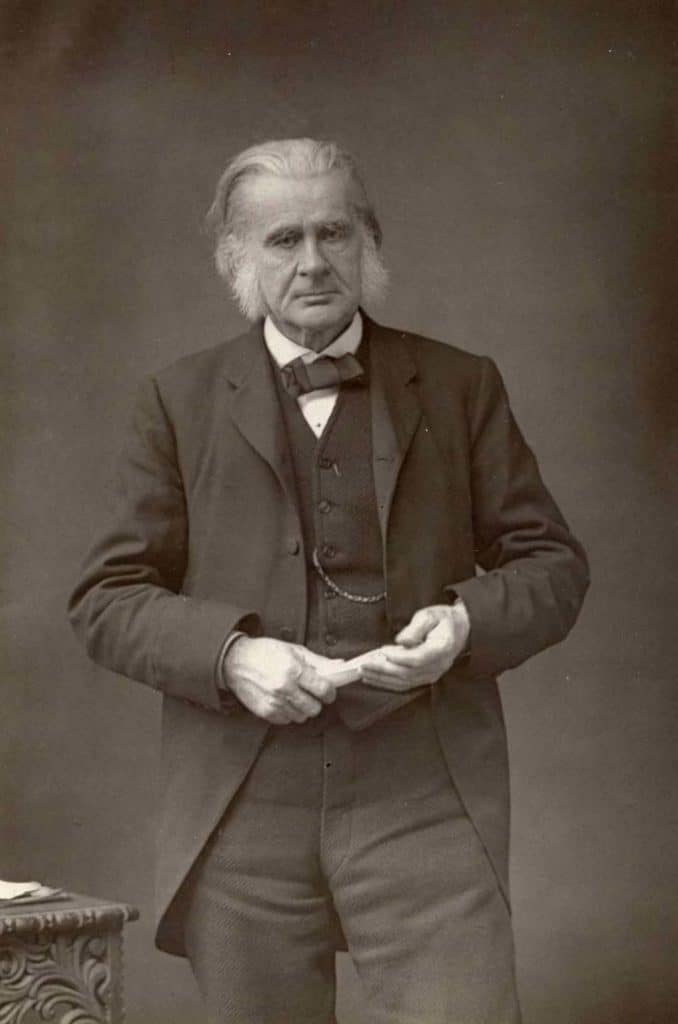
5.Thomas Huxley got known as Darwin’s Bulldog in the discussion over regular determination
What is referred to in present-day speech as advancement was in Darwin’s day called improvement hypothesis, and Huxley, a self-educated anthropologist, and scholar, was not strong of it, doubting what could be the premise of its activity. His position was that there was an absence of logical proof to help the hypothesis. At the point when he was one of a little gathering of researchers who have demonstrated Darwin’s hypothesis of normal determination before it was distributed, his reaction was, “The way amazingly dumb not to have thought about that”. Huxley held questions that common choice was the driver of the transformative cycle, however, acknowledged it as a working theory for additional investigation.
It was Huxley who thought of perhaps the soonest survey adulating On the Origin of Species for the Times of London in December 1859. He followed it with articles supporting Darwin’s strategies for gathering and investigating proof which upheld his hypotheses, composed for a few distributions. Audits that panned Darwin’s work showed up in other British papers, among them the Edinburgh Review, composed by Richard Owen. Another, by Samuel Wilberforce, showed up in the Quarterly Review. The antagonistic audits showed fight lines being drawn, to be settled by means of scholastic discussion, over the legitimacy of Darwin’s logical techniques and the ends he had drawn.

6.Samuel Wilberforce was a head of the resistance to Darwin in Great Britain
Samuel Wilberforce was a cleric of the Church of England when On the Origin of Species showed up in Great Britain. Famous as a public speaker, Wilberforce was an individual from the House of Lords (as Lord Bishop of Oxford) and an author, who distributed the audit of Darwin’s book in the Quarterly Review which ran more than 17,000 words, and invalidated Darwin’s discoveries. Wilberforce was socially unmistakable, a Fellow of the Royal Society, and instructed in both math and the works of art. He was a long-lasting companion of William Gladstone, a liberal, and a grating adversary of the ramifications from Darwin that humanity advanced from the primates.
Richard Owen was a geologist (as was Darwin) and scientist who throughout the span of his lifetime instituted the words Dinosauria and dinosaur. Owen concurred with Darwin over a portion of the last’s speculations of development, however, denied both normal choice and the change of specific species. Owen contended that the human cerebrum was a lot bigger corresponding to the body than those of the primates, which showed that they were not dropped from the last mentioned. Owen accepted that among the current species, people were interesting, and were not the aftereffect of change of different species but rather crafted by a heavenly Creative Power. His survey panning Darwin’s work was distributed namelessly, and for a period he and Darwin remained companions, discussing the work in private.

7.The 1860 discussion over advancement at Oxford
Seven months after the distribution of On the Origin of Species the British Association (general public and good cause) held its yearly gathering at Oxford. Charles Darwin was absent. Thomas Huxley was, as were Richard Owen, Samuel Wilberforce, and a few others on the two sides of the discussion over advancement and common determination. The primary contention against Darwin had by then degenerated into whether humankind had, through the interaction of regular choice and change of species, plunged from a similar source as the primates. Despite the fact that a huge number of Darwin acknowledged the hypothesis of development (counting Owen), they rejected that mankind had been important for the cycle.
The discussion was not a proper discussion, but rather a contention that emerged out of a conversation over a paper introduced by John Draper of New York University, which talked about Darwin’s effect on Europe. The discussion has frequently been introduced as having been a triumph of science over religion, however, it was most certainly not. Most broadly, Huxley reacted to an inquiry from Wilberforce, about whether he disapproved of his grandma being plunged from a monkey with a counter. He said that he would not be embarrassed to be plummeted from a monkey, however, that he, “would be embarrassed to be associated with a man who utilized incredible blessings to cloud a reality”.
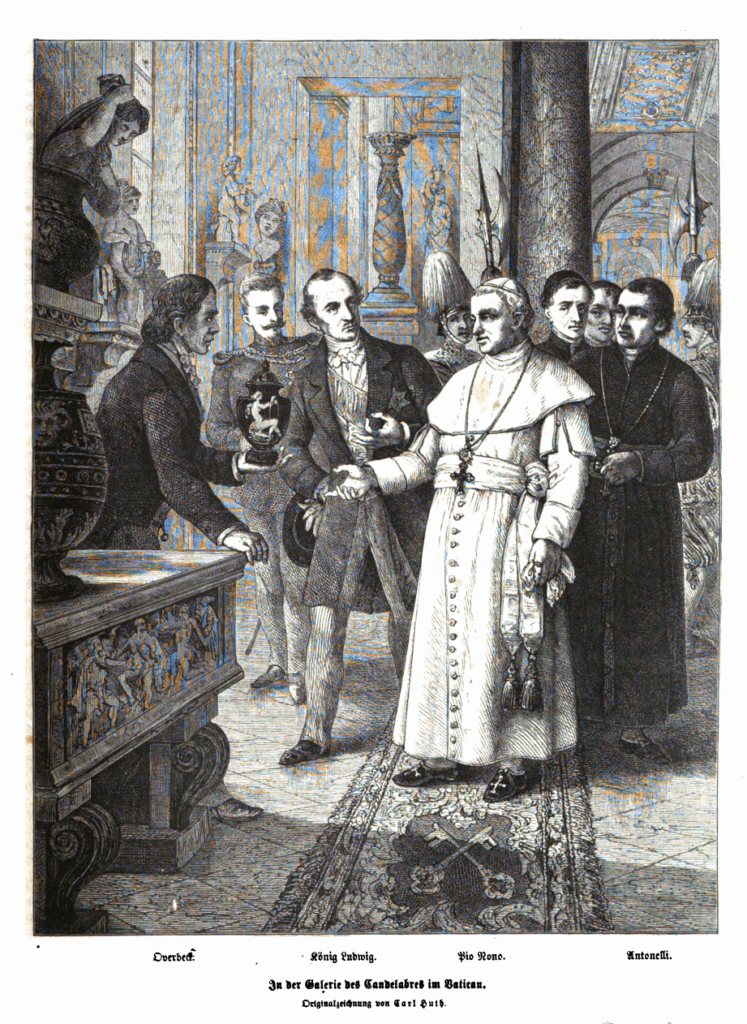
8.Agnostics got Darwin’s work with extravagance, however Darwin was not a skeptic
Maybe naturally, logical proof which scrutinized the major convictions over how mankind appeared was invited by skeptics. Hewett Watson was a botanist and phrenologist (one who thought about size and state of the skull comparable to character characteristics) who worked broadly with Darwin, giving information and the aftereffects of examinations and studies. Watson was later one of the principal researchers to propose the various jobs of the privilege and left sides of the human cerebrum. He was likewise a skeptic, who saluted Darwin when his work was distributed.
Different agnostics and cynics were eager in their reaction to Darwin’s hypothesis of characteristic choice. In the United States, fundamentalists considered anybody strong of his perspectives to be an apostate. In spite of prevalent thinking, the Catholic Church didn’t denounce Darwin’s perspectives, and never has, picking rather acknowledge the idea of advancement, including the change of species, and to disregard the idea of characteristic determination. The situation of the congregation permitted Catholics to acknowledge the arising science without therefore adjusting their strict convictions or the questioning of the congregation.
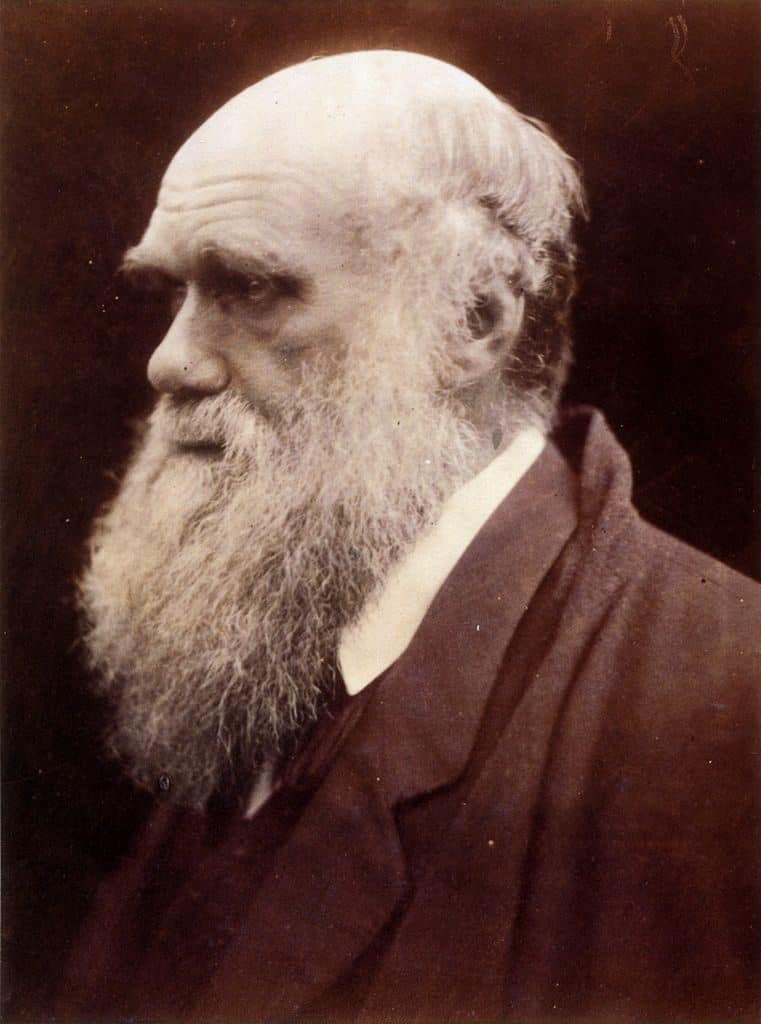
9.The Anglican Church in England rose contrary to Darwin
The Anglican Church was a strong political power and the wellspring of most logical preparing in Great Britain when On the Origin of Species showed up, and notwithstanding Wilberforce, its chiefs contradicted Darwin’s discoveries. In spite of the fact that not all. Those of the congregation chain of command with more liberal leanings upheld Darwin’s hypotheses and introduced the possibility of common determination as a component of God’s heavenly arrangement for His creation. Traditionalist Anglicans were less responsive. One of the main allies of Darwin’s work was the minister of the congregation and mathematician Baden Powell. Powell (father of Lord Baden-Powell, originator of the Boy Scouts) called Darwin’s work an “excellent volume”.
Powell contended that creation included common and actual laws, which couldn’t be abused, and that the infringement of which would be marvelous. Henceforth to Powell, the faith in phenomenal mediation was in itself agnostic. Just adherence to confidence in regular, physical, and profound laws was genuine faith in God. Darwin’s work, as per Powell, was a declaration of characteristic law in real life for more than millennia. Powell was one of seven researchers who added to a work supporting the hypothesis of development distributed in the spring of 1860, Essays and Reviews, which upheld crafted by Darwin and different evolutionists.
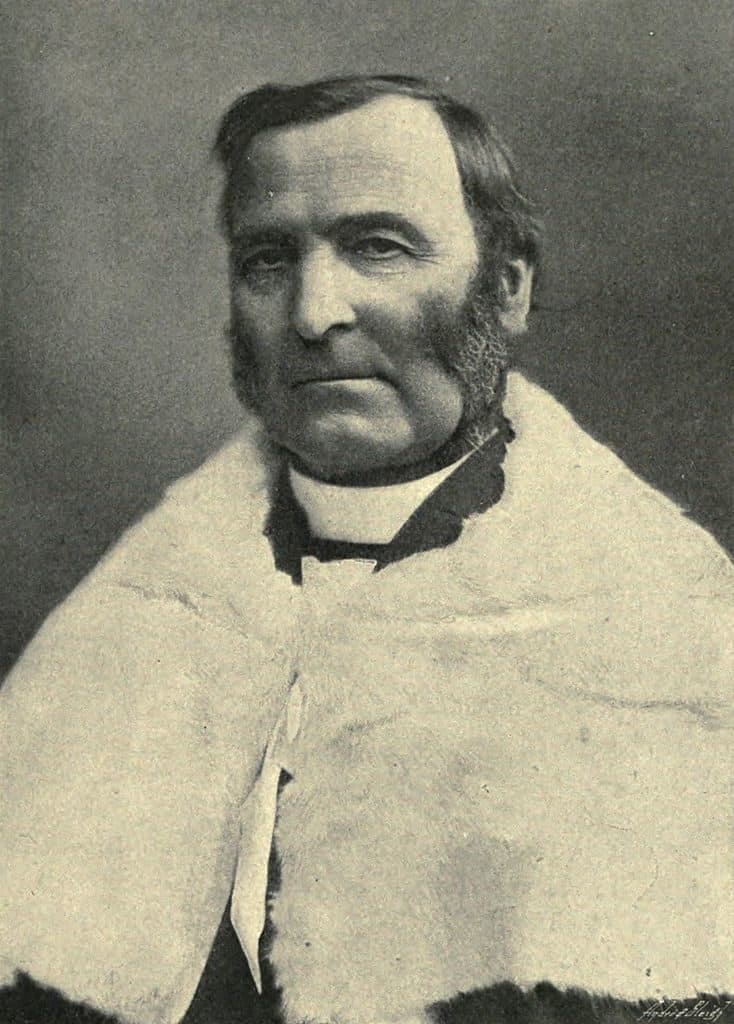
10.Articles and Reviews uncovered profound partitions inside the Anglican Church
The seven researchers who added to the work Essays and Reviews were allowed to choose their theme and express their perspective, without respect for the setup way of thinking of the Anglican Church. Six of the benefactors were appointed inside the congregation, the solitary layman was a conspicuous legal advisor. The entirety of the creators were specialists in different fields, including geography, science, and philosophy. The expositions were a test of the trustworthiness of the Bible, including its introduction of the youthful earth, in light of the fossil record and other topographical turns of events, just as Darwin’s introduction of advancement of species throughout ages of time.
Papers and Reviews, as On the Origin of Species, were planned for a restricted crowd of researchers, strict pioneers, and experts of science. Rather it turned out to be generally mainstream, and its contentions, however, they didn’t straightforwardly uphold Darwin’s speculations, were cited as such by his allies. In it, powerful church pioneers tested the accuracy of the Bible as it respected the age of the earth, which had been a huge contending point for those contradicting the hypothesis of advancement. The case that advancement was unthinkable in view of the scriptural record of the age of the earth was invalidated utilizing geologic and religious proof, supporting Darwin and perplexing his faultfinders.
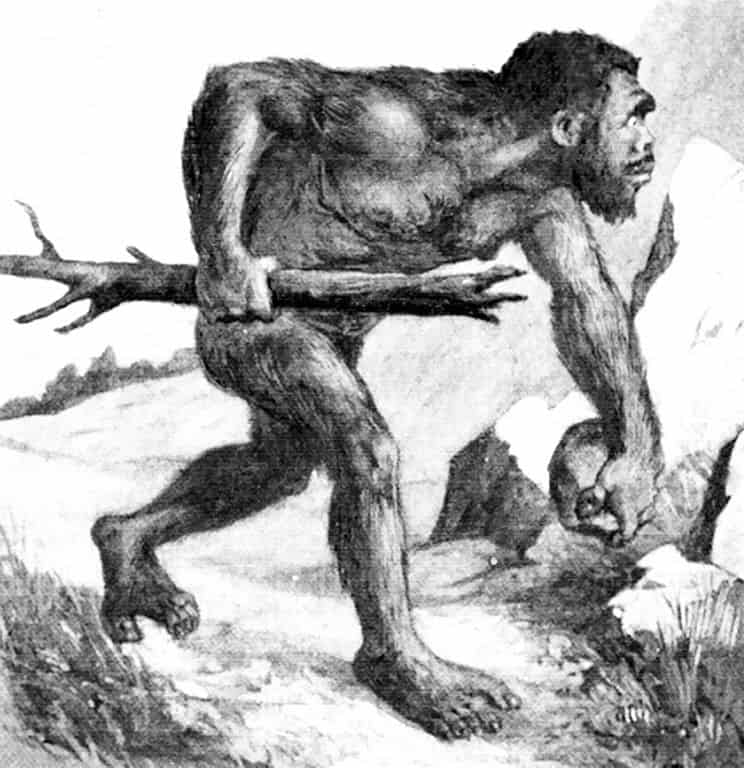
11.The start of the gorilla man banter
All through the work On the Origin of Species, there can be discovered no immediate proclamation that humankind plummeted from the gorillas, or from some other species. The surmising can be promptly drawn in any case, and promptly was, in a way frequently scoffing, as a method for excusing Darwin’s general work. At the point when the book was distributed, Darwin pulled out himself from the discussion and the steady assaults on his work and his character by churchmen. Analysis of his science he reacted to, those of his strict perspectives he didn’t. Darwin altered the first content for each resulting release during his lifetime, joining the perspectives on pundits and adjusting what he later saw to be mistakes in his unique work.
In any case, the perspective on the overall population, undeveloped in science, was regularly molded by what was gotten with the lectern. Darwin couldn’t guard his work in the field of religion, and it was left to his allies. Until the 6th release was distributed – the remainder of Darwin’s lifetime – the word advancement didn’t show up in the content. Yet, it showed up in the composed discussions throughout Darwin’s work from the hour of its first distribution, as did the surmising that Darwin accepted man had plunged from the primates. In Great Britain, the discussion remained generally administrative and logical, while in the United States it got instinctive and frequently coarse.
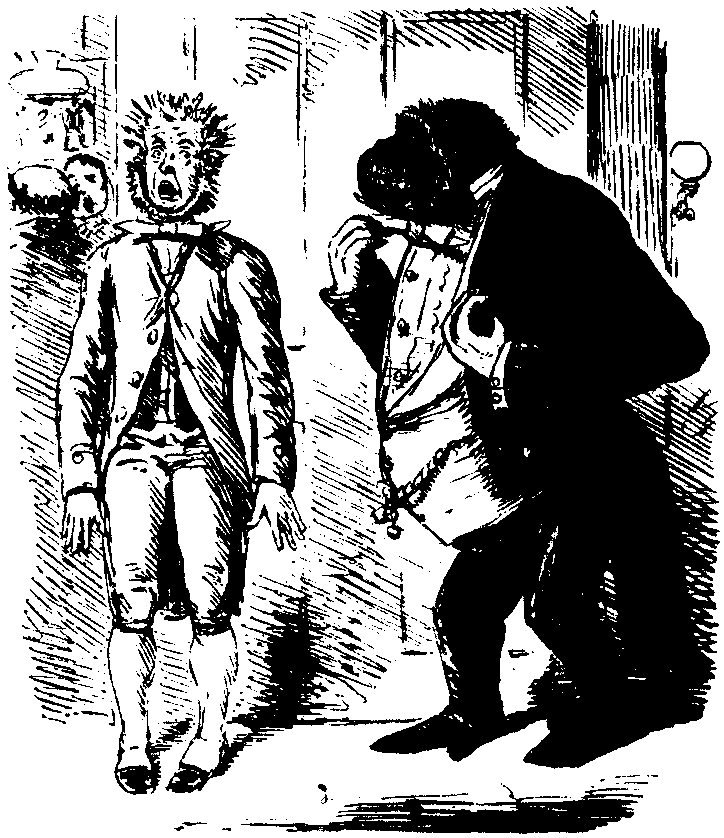
12.Strict resistance to Darwin was generally pervasive in the United States
In the United States, established researchers accepted Darwin, and recognition for his work was almost consistent. The strict local area responded with aversion and was exceptionally vocal in its resistance. To the strict local area, especially among the fundamentalist development, Darwin’s speculations introduced earth populated with animals secured an everlasting battle for endurance, a severe and savage world where just the most grounded endure. The possibility of natural selection got connected with Darwinism, however, the term didn’t show up in his work.
From the get-go in the twentieth century, the Church of Jesus Christ of Latter-Day Saints gave its first authority proclamation on the beginnings of humankind, expressing that, “Man is the offspring of God, shaped in the heavenly picture, and enriched with divine ascribes”. It was a position reflected in the convictions of a few of the religions of the United States, however, some went further, testing the hypothesis of characteristic choice with scriptural sections and guaranteeing the record of creation in Genesis was evident. The response to Darwin’s hypothesis of common choice in the United States made a significant part of the strict fundamentalism in the United States, which kept on arguing against science and its education in American schools into the 21st century.
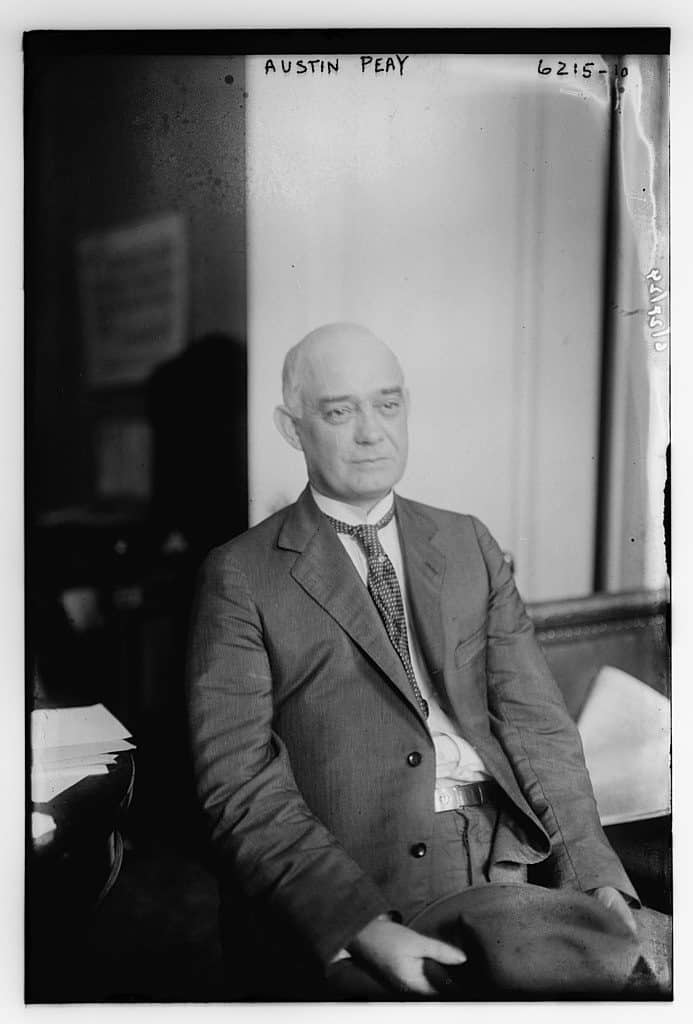
13.The Butler Act in Tennessee disallowed the educating of development
John Washington Butler was an individual from the Tennessee council who presented a bill known as the Butler Act in 1925. It was his conviction that “the Bible is the establishment whereupon our American Government is constructed”. Steward additionally affirmed that the “evolutionist who prevents the Biblical story from getting creation, just as other Biblical records, can’t be a Christian’. The Butler Act, passed by the Tennessee council and endorsed into law in 1925 by Governor Austin Peay, made the instructing of development in schools inside the state illicit. The Genesis account was the lone premise of creation permitted in Tennessee schools.
The law was tested after the Scopes preliminary (otherwise called the Monkey preliminary), when the decision indicting an instructor for introducing developmental hypothesis was toppled by the Tennessee Supreme Court. Despite the fact that the decision was toppled on a procedural detail, the actual law was maintained, empowering fundamentalists in different states to campaign for comparable laws, which denied Darwinism and maintained the utilization of the Bible as the lone hotspot for the beginning of the universe, and of mankind. The Butler Act stayed in power in Tennessee until 1967. It was revoked by the Tennessee lawmaking body that year, however comparative laws stayed essentially in a few southern states.
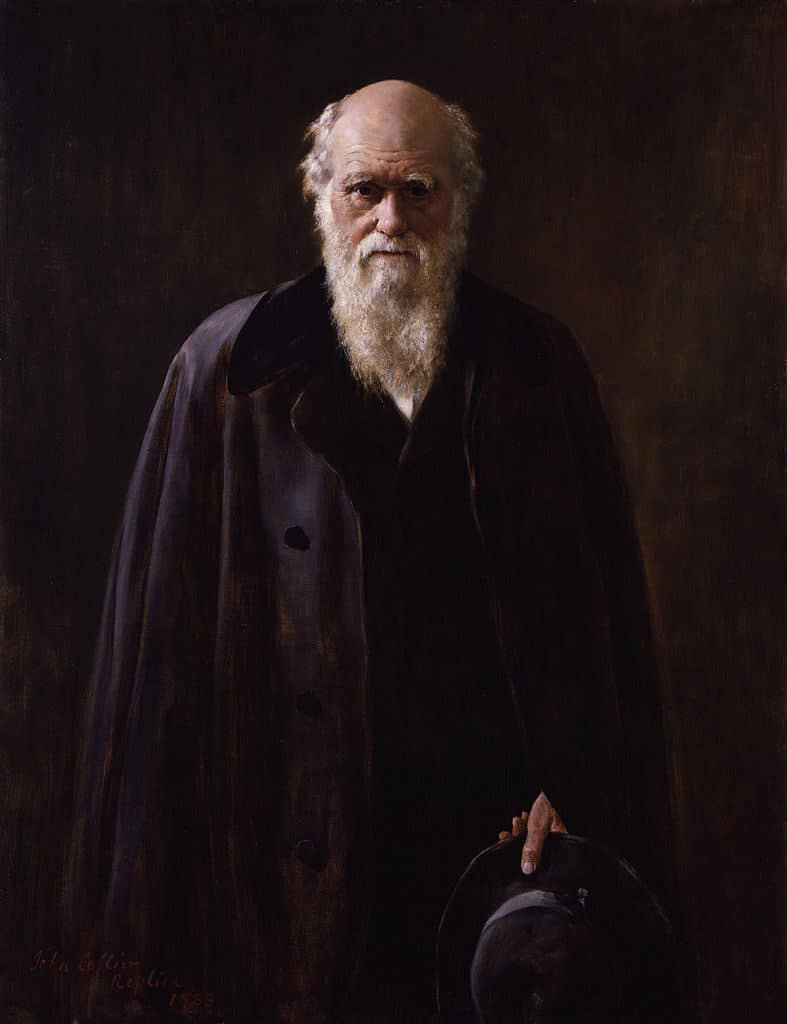
14.The fight over the hypothesis of normal choice proceeded after Darwin’s demise
Charles Darwin kept on chipping away at the interaction of characteristic determination for twenty years after the distribution of On the Origin of Species, gathering logical proof and teaming up with different evolutionists. When of his demise in 1882 his speculations, for certain alterations, were broadly acknowledged, and acknowledgment inside established researchers was almost widespread before the finish of the nineteenth century. The hypothesis of advancement likewise acquired acknowledgment with the overall population. In the mid-twentieth century, especially following the First World War, the dismissal of his work on strict grounds strengthened.
As strict resistance escalated in the last phases of Darwin’s life he was stigmatized as a nonbeliever in the contentions against his work. Darwin professed to be a freethinker in the feeling of the word as begat by Thomas Huxley – implying that he followed his explanation to the furthest extent that it could take him – yet denied he was an agnostic. “I have never been a skeptic in the feeling of preventing the presence from getting a God… ” he composed. Darwin likewise tended to the presence of the great beyond, expressing, “With respect to a future life, each man should decide for himself between clashing obscure prospects”.

15.Darwin condemned Christianity in his self-portrayal
Charles Darwin composed a collection of memoirs, which was distributed after his demise. Preceding distribution a significant number of his remarks with respect to Christianity were extracted by his widow and child, restless to save his standing and shield his inheritance from additional assaults. It was a useless exertion. The remarks eliminated were reestablished to the work in 1958. One read, “I can for sure scarcely perceive how anybody should want Christianity to be valid; for if so the plain language of the content appears to show that the ones who don’t accept, and this would incorporate my Father, Brother and practically the entirety of my closest companions, will be everlastingly rebuffed. Furthermore, this is abominable teaching”.
In 1915, as a feature of the fervent development to invalidate Darwinism and transformative science, a lady named Elizabeth Cotton (after marriage known as Lady Hope) professed to have visited Darwin without further ado before his demise. Cotton guaranteed that Darwin communicated his second thoughts at having distributed the hypothesis of normal choice, discredited it as bogus science, and changed over to Christianity. Darwin’s family denied the story, which kept on being referred to by strict adversaries of advancement into the 21st century. In 1934 Darwin’s last enduring kid, his child Leonard, called Cotton’s story “simply imaginary”, however, it keeps on being rehashed among creationists.
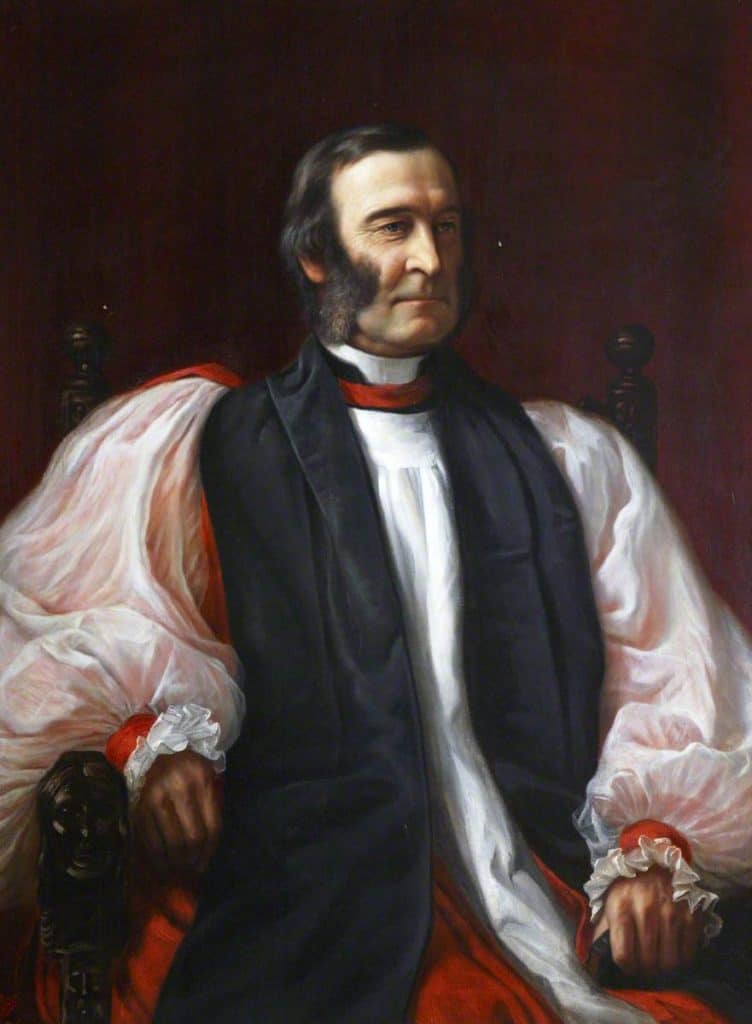
16.The Anglican Church arrived at acknowledge development before the finish of the nineteenth century
During the last quarter of the nineteenth century, the discussion over advancement in the pecking order of the Anglican Church in England prompted progressive acknowledgment. Frederick Temple was the main figure of the Church who was available at the discussion among Huxley and Wilberforce and turned into a defender of advancement. Sanctuary conveyed a message during a similar meeting in which it commended the bits of knowledge given by the study of the development, and later (1884) conveyed a progression of talks that asserted that advancement and religion were not fundamentally unrelated. Sanctuary asserted that advancement, “is in no sense whatever opposing to the lessons of Religion”.
In 1896 Temple became Archbishop of Canterbury, the head of the Church of England (under the nominal leader of the Church, the ruler of Great Britain). His height to the post showed the expansive degree of acknowledgment of development as truth dependent on science in Great Britain. The Catholic Church in like manner by and large upheld the study of development and the instructing of its fundamentals in Catholic schools, however, it didn’t uphold characteristic determination, yet rather help from above in the proceeding with the change of species. In the United States, a few Protestant gatherings resistance to development, and it’s being educated in freely financed schools, strengthened.

17.Protestant gatherings inside the United States considered advancement a strict conviction, not a science
In the twentieth century, fundamentalists and creationists contended that development was not a demonstrated science, but rather a hypothesis unproved, and accordingly, faith in advancement was in itself a religion. By setting up advancement as a religion, its education in government-funded schools was an infringement of the Establishment Clause in the Constitution, which disallows the state backing of one religion over others. Instructing development implied showing creationism – the story described in Genesis – too. Development as a religion was only one of numerous contentions set forward by adversaries to Darwin’s logical discoveries.
From the distribution of On the Origin of Species, the contention was advanced in the United States that Darwin was implying an unproven hypothesis which was in direct clash with the reliability of the creation account in the Bible. By the 1920s Bible simpletons in the American south and west had effectively made laws that disallowed the instructing of advancement in government-funded training. A portion of the laws stayed in actuality until the last part of the 1960s when the Supreme Court of the United States concluded they were an infringement of the Establishment Clause since they determined that the Genesis account was the sole expert on the production of the universe and all which is included.
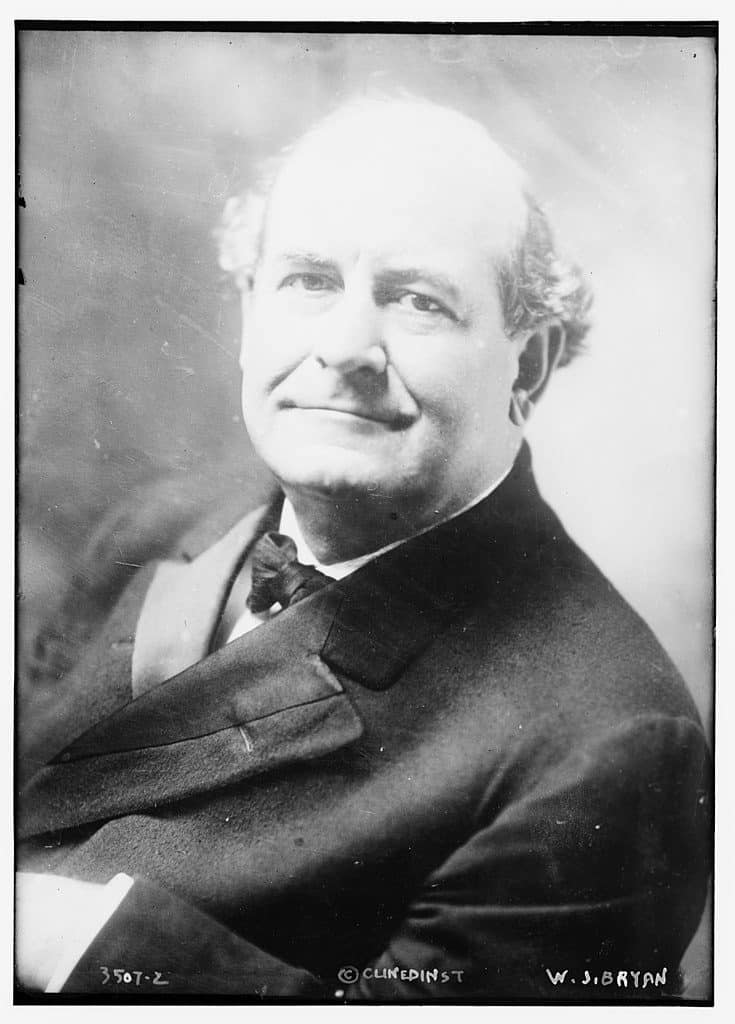
18.William Jennings Bryan battled against advancement during the 1920s
William Jennings Bryan, who ran for president ineffectively in three separate missions, got one of America’s most vocal rivals to development in the mid-twentieth century. Bryan was not a priest, but rather he was a sincere fervent, who distributed a few strict themed works, broadcast a radio program on which he lectured lessons which were heard cross country, and an ally of what got known as “day-age” creationism (in which the six days of creation in Genesis are not 24 hour days, but rather explicit times of uncertain time). Day-age creationism endeavored to accommodate Genesis with the land record.
Bryan was horrified that driving individuals from set up religions had accepted developmental hypothesis, announcing it was viable with strict educating of their particular places of worship. He disagreed and contended that the exacting understanding of the Genesis account was unchallengeable. At the Scopes Trial, he was called as an observer by the safeguard, and in the end, his declaration was erased by the appointed authority, who required a coordinated decision of blame by the jury. Bryan contended that what he called Darwinism was only a “theory”, and in a composed discourse the appointed authority would not permit him to convey however which he later distributed, he asserted, “science is a glorious material power, yet it’s anything but an educator of ethics”.
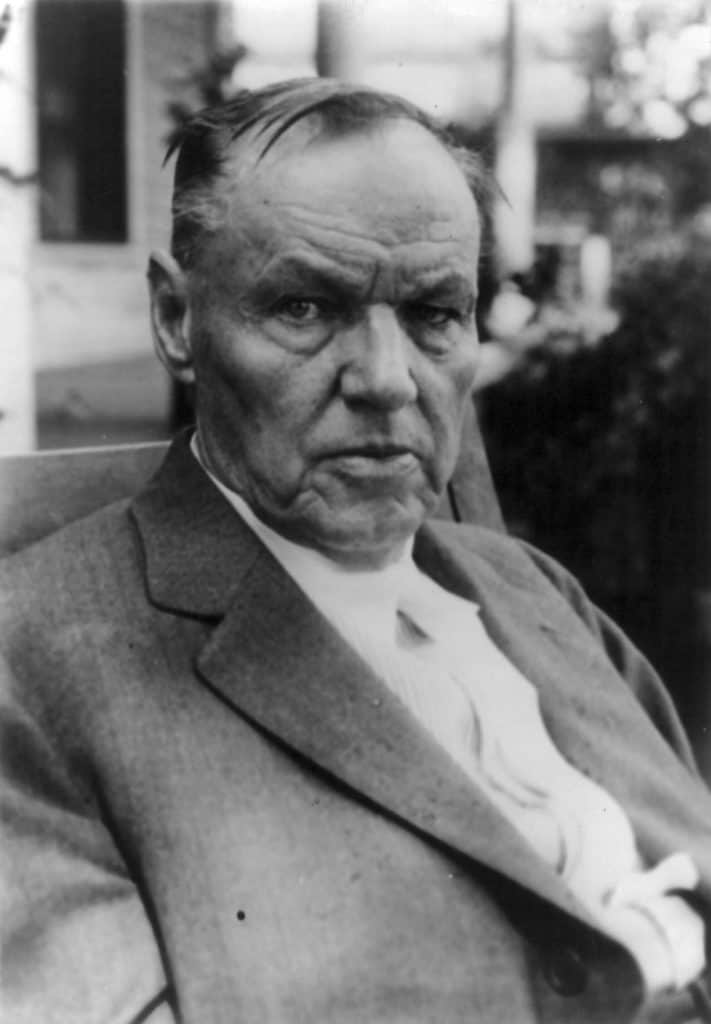
19.H. L. Mencken and Clarence Darrow supported the evolutionists at the Scopes preliminary
During the Scopes preliminary, which was transformed into a preliminary of the hypothesis of advancement by protection legal advisor Clarence Darrow, one of the crowd individuals was H. L. Mencken. William Jennings Bryan was called to remain as a specialist on the Bible by Darrow, and regardless of the protests of the nearby examiner, he was permitted to affirm. He affirmed with the jury outside of the room, and Darrow’s inquiries were thorned, for example, asking how the light and the dim might have existed before the making of the sun, as is connected in Genesis. Despite the fact that the jury didn’t hear Bryan’s declaration, and it was blasted from the record of the preliminary, Mencken heard everything.
Darrow had recently scrutinized a specialist from Johns Hopkins who offered, as indicated by Mencken, “one of the clearest, generally brief, and withal most smooth introductions of the case for the evolutionists that I have ever heard”. Of Bryan’s declaration, Mencken summarized after it was over as “He plunked down as perhaps the most grievous asses in American history”. Darrow lost the preliminary, which was over Scopes disregarding the law by showing the development and was an obvious situation. However, Darrow and Mencken created critical help for Darwinism outside of Tennessee because of the preliminary, and endeavors to end its reality by restricting its education were blunted outside of the five southern states where it was at that point illicit to introduce development in government-funded schools.
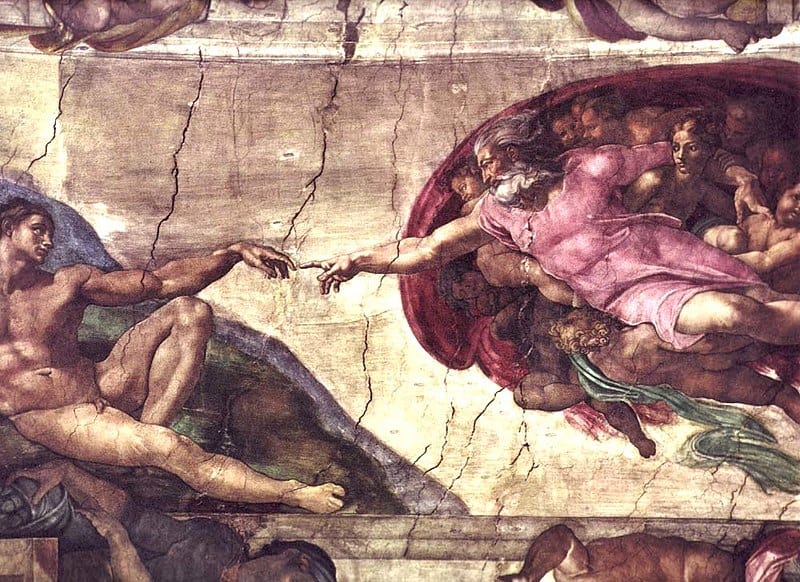
20.The development of creation science was not totally an endeavor to discredit advancement
By 1959 – the centennial of On the Origin of Species – Darwin’s discoveries in it and ensuing works without anyone else and different researchers were viewed as standard science. It discovered resistance in a couple of quarters, other than in fundamentalist Protestantism which upheld the strict inerrancy of Genesis, just as the remainder of the Bible. Another type of creationism arose in the next decade, called by its allies creation science. Creation science questioned the proof of advancement, offering its own clarifications for “realities” which demonstrated the Genesis account was in a real sense valid. Regardless of being known as a science, neither established researchers nor generally official courtrooms acknowledged it accordingly.
Mainstream researchers dismissed it as science since in addition to other things it offered no speculations upheld or invalidated by proof. In any case, by the 1970s creation science was educated in schools, as an option in contrast to the development as depicted by Darwin and resulting researchers. In 1981 the Arkansas council sanctioned a law that characterized creation science and commanded its introduction in schools. It incorporated an arrangement of discrete production of people and gorillas. In 1982 the law was struck somewhere around the US District Court for Eastern Arkansas. The state didn’t bid. In 1987 a comparative law in Louisiana was struck somewhere near the United States Supreme Court, which delivered the instructing of creation science illegal.
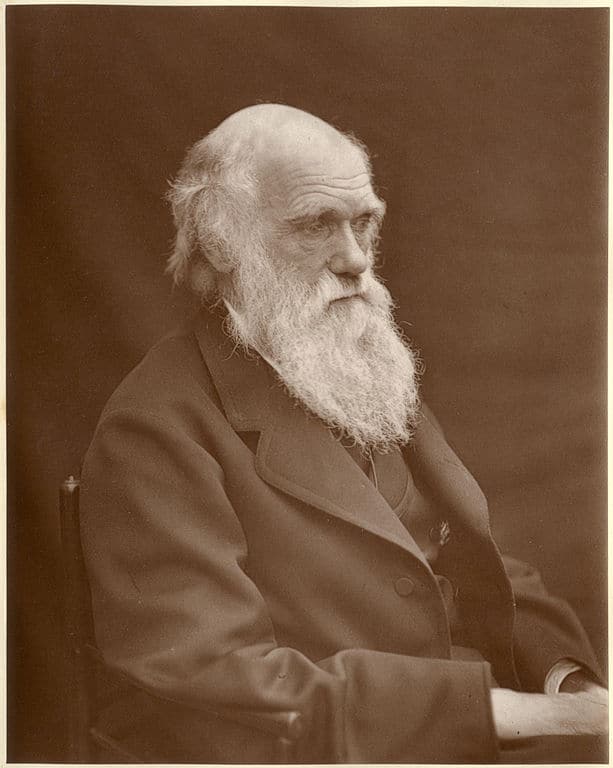
21.Darwin foreseen the contention for shrewd plan
In the last long periods of the twentieth century, the contention of keen plan arose, with some contending that development is indeed the unfurling of creation as a demonstration of the canny plan, of species, however of the whole universe down to the minutest detail. It was a contention introduced in Darwin’s day, by cosmologists who contemplated the sky and naturalists who considered the earth. Darwin thought about the contention, and in his life account expressed, “There is by all accounts no more plan in the inconstancy of natural creatures and in the activity of common choice than in the course which the breeze blows.”
Asa Gray, the botanist who organized the distribution of On the Origin of Species in the United States, compared often and finally with Darwin. Dim composed of Darwin that he had tended to auxiliary causes in his hypothesis of common choice, not essential drivers, that is, Darwin composed of how organic entities changed over the long haul, not how they had appeared. The issue of creation was not a piece of his work, which covered just change. Darwin himself didn’t really accept that that acknowledgment of his work required the dismissal of a maker, nor of religion, nor of the Bible. The division was planned by those contradicted to the possibility that mankind advanced from lesser creatures.
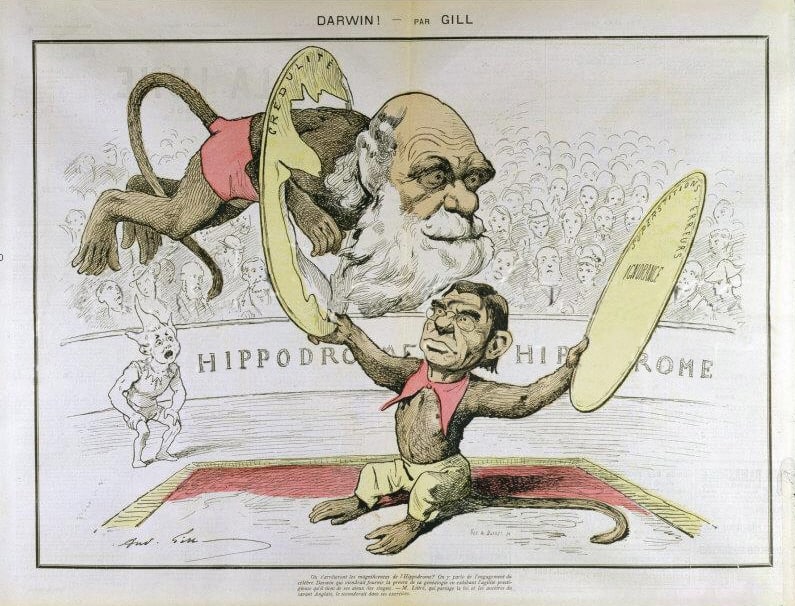
22.The advancement of Social Darwinism
While Charles Darwin was as yet alive different elements endeavored to apply the ideas he had created, which identified with normal choice in nature, to both political and social components. Under what was named Social Darwinism, which Darwin had nothing to do with, the solid were intended to get more grounded to the detriment of the frail, who might correspondingly get more fragile. Social Darwinism was a factor in the improvement of genetic counseling, tyrant governments, colonialism, one-party rule, and Nazism. Following the Second World War the idea blurred, however creationists restored it as a feature of their contention against Darwin’s hypothesis of normal choice, which they asserted was hazardous to society as it advanced the idea of natural selection.
Those advancing ideas are incorporated as instances of Social Darwinism sometimes if at any point utilized the term to depict their perspectives. It has almost consistently been applied by rivals in a stigmatizing way. Allies of Darwin regarding development and characteristic determination contended that Darwin’s discoveries applied to normal occasions and were without moral judgment. In light of the idea of natural selection, which didn’t begin with Darwin yet with Herbert Spencer, Social Darwinism was a significant segment of the improvement of Nazi arrangements, joined with their faith in a racial order and resistance to social government assistance.
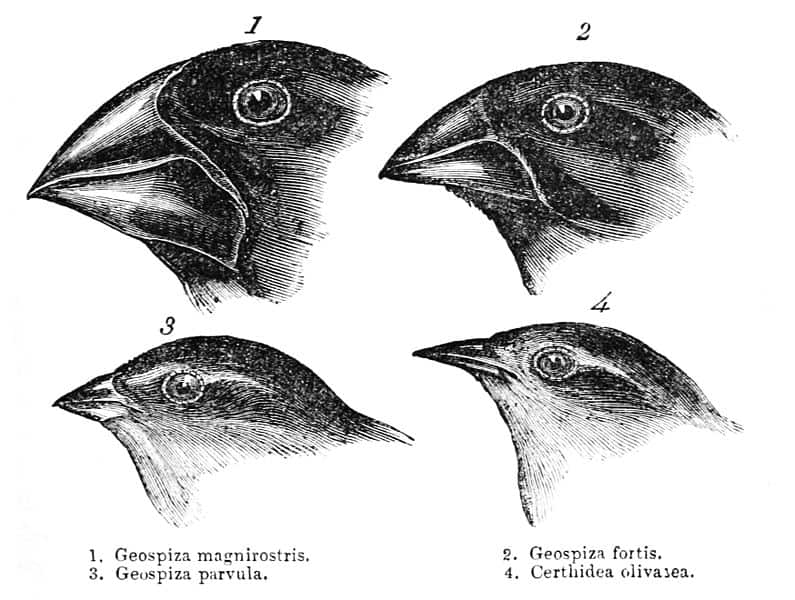
23.Darwin’s hypothesis of normal choice was acknowledged by most researchers
Inside established researchers toward the finish of the twentieth century practically completely acknowledged Darwin’s hypothesis of regular determination – 87%. Yet, among the overall population in the United States, 31% accepted that the creation story of Genesis and correspondingly youthful earth clarified how mankind appeared. Another 22% dismissed Darwin’s clarification of regular choice and upheld the possibility of supernaturally guided advancement. As such, 150 years after Darwin’s clarification of common choice it was acknowledged by not exactly 50% of Americans.
In the territory of Mississippi, almost 44% of inhabitants prevented the presence from getting advancement as clarified by Darwin and different researchers. Across the United States, almost 70% of individuals who distinguished themselves as outreaching Christians accepted that people – truth be told all life present on earth – stayed unaltered since creation. The United States held the most noteworthy level of advancement deniers in the cutting-edge industrialized world when the 21st century started.

24.Assaults on Darwin have not facilitated with the progression of time
Since the presence of On the Origin of Species, and expanding with Darwin’s later work, The Descent of Man, assaults on the two his science and his way of thinking have been normal. A large portion of his science has withstood the trial of time and pressing factors from later logical ideas, which is the explanation his perspectives are generally acknowledged in mainstream researchers. However, for the individuals who saw Darwin through the cover of strict resistance to his work, he stayed a risky danger to their security. Creationists kept on assaulting him, and criticize his work, for more than one and a half hundred years.
Darwin’s work was called bigot, and showing Darwin’s developmental work and characteristic determination in schools was denounced as instructing bigotry to youngsters. Some creationists guaranteed that prejudice in America was the consequence of showing development in government-funded schools. Assaults on Darwin’s character were likewise normal, and keep on being, with creationists asserting that it was the researcher’s sharpness towards God following the passing of a youthful girl which drove him to endeavor to negate the creation story of Genesis.
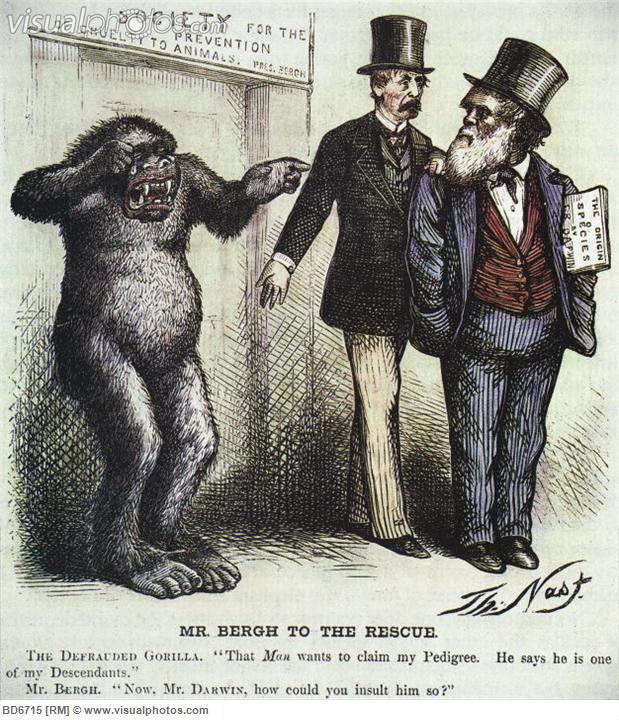
25.Darwin’s work turned out to be more dubious over the long haul
At the point when Darwin previously delivered On the Origin of Species, it was dubious among researchers and the standard church. Bit by bit, over the long haul and through his own proceeding with work, just as that of different researchers, it acquired acknowledgment among researchers, and the presence of logical evidence prompted its acknowledgment by most standard religions. Before the finish of the twentieth century, the last contention over his hypothesis of normal choice was to be found among creationists who accepted the solitary satisfactory clarification for the presence of all life on earth was that to be found in Genesis. Indeed, even the individuals who acknowledged the presence of advancement discovered approaches to contend that Darwin wasn’t right.
The key contention against Darwin since forever was that the cycle he depicted was constrained by common law. Creationists contended Darwin had killed a heavenly motivation. In any case, in Darwin’s entire assemblage of work, there are references to eternality, remembering for his record of the journey of the Beagle, when his revelations initially flourished. Portraying both Brazil and Tierra del Fuego Darwin expressed, “Both are sanctuaries loaded up with the differed creations of the God of Nature–nobody can remain in these isolations unaffected, and not feel that there is more in man than the simple breath of his body”.